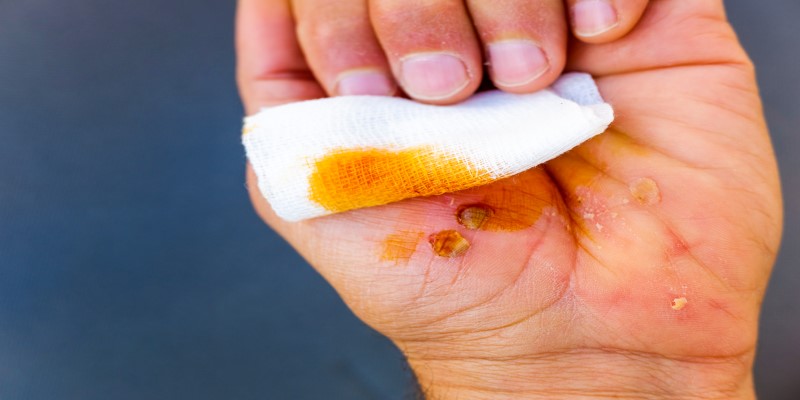Six Health Benefits of Litchi: Reasons to Include Them in Your Diet
Feb 22, 2024 By Nancy Miller
Lychee, or lichee chinensis as it is known botanically, is classified within the soapberry family. However, because it is an isolated specimen in its genus, it possesses a degree of international exclusivity. This fruit tree, originally found in China, flourishes in tropical and subtropical temperatures. It is commonly utilized to impart flavor to cocktails and dishes due to its floral-like aroma, which is lost if not consumed fresh. With a surge in global popularity, the fruit is primarily consumed in Asian countries as a dessert.
Since more than four millennia ago, the fruit has been cultivated in China, where it was historically regarded as an Imperial Court delicacy. Notwithstanding its extensive cultivation, the principal production regions remain Southeast Asia, China, India, and Southern Africa. Lychee, typically about 2 inches in width and height, is pulpy and delicate; its color is either pink or white. If one desires to benefit from the potential health benefits of dried lychee, one should disregard its sweet aroma and permit the fruit to dehydrate. This is because, compared to fresh lychee, desiccated lychee fruit contains a substantially greater quantity of nutrients.
Nutritional Facts Of Litchis
lichee—"lychee" in English—is a nutritious fruit rich in nutrients. Its high vitamin C content makes this food essential for good skin and immunity. The fruit also contains niacin, vitamin B6, and riboflavin necessary for energy and healthy functioning. Laipe is also rich in folate, which is good for pregnant women and healthy cells. Minerals abound in lychee. It absorbs iron and copper, which are needed to make red blood cells. Licorice adds potassium, regulating blood pressure and cardiac health.
Lychee is rich in magnesium, phosphorus, and manganese, which sustain strong muscles, bones, and metabolism. Vitamins, minerals, protein, and dietary fiber in lychee aid digestion and reduce overeating. Lichee tastes peculiar due to its high proanthocyanidin and polyphenol content. Most agree that antioxidants diminish chronic illness symptoms and oxidative stress. 100 grams of lychees provide:
- The primarily water-based drink provides 66 calories and hydrates naturally.
- Moderate protein (0.83 grams) improves muscle health.
- Lychee takes 0.44 grams of oil to get the same effect.
- Carbohydrate (16.53 grams) fuels.
- One lychee has 1.3 grams of fiber, aiding digestion.
- The 15.23 grams of natural sugars make it tasty.
Health Benefits Of Litchis
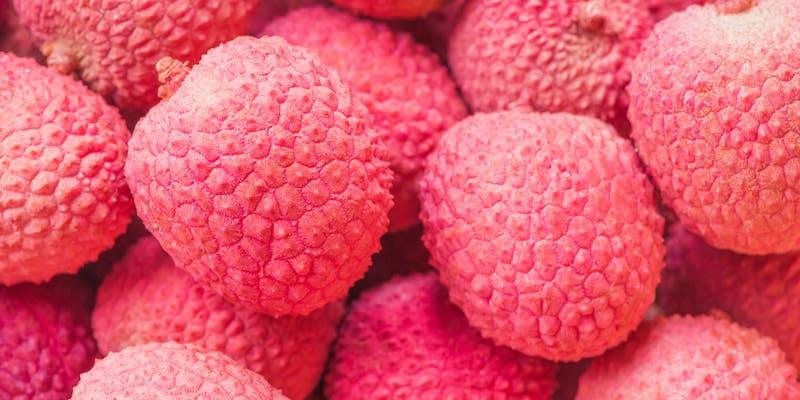
Betterment Of Digestive Health
Lychee and other fiber-rich fruits and vegetables boost digestive health. Fiber like this bulks stool, making bowel movements more comfortable. It may also speed up food evacuation by increasing digestive and gastric juices and small intestinal muscle peristaltic activity. This stimulation may aid nutrition absorption. Lychee may also assist with constipation and other GI disorders if eaten consistently. The discovery that lychee fruit reduces abdominal fat is intriguing. The research article published in "PLOS One" emphasizes the potential hepatic protective effects of the anti-inflammatory properties of flavanol-rich lychee. As a result, the potential benefits of integrating lichi fruit into one's dietary regimen for the digestive system and overall gastrointestinal health are manifold.
Immune System Enhancement
Vitamin-C-rich lychee protects cells from free radicals. A serving of this fruit contains more than double the daily required ascorbic acid. Getting enough vitamin C helps the immune system. The immune system's main guardians, white blood cells, are considerably enhanced by vitamin C and other antioxidants. Eating lychee regularly may directly strengthen your immune system. This product is especially helpful during the cold and flu season or when stress is high. Lychee's vitamin C components can boost a person's immune system against numerous ailments; eat more of it.
Potential Cancer-Fighting Properties
The Experimental Oncology Division at the West China Hospital of Sichuan University found lichi fruit may fight cancer. Polyphenolic chemicals are abundant in the fruit's skin. Antioxidant properties make these compounds promising liver cancer treatments in humans. The study found that these chemicals effectively attack cancer cells, making lychee a promising cancer prevention food. A 2006 study showed more anti-cancer properties of licorice fruit peel extract. It also revealed that it inhibited cancer cell proliferation and promoted apoptosis. We now understand breast cancer better thanks to this discovery.
Cognitive Improvement
Southwest Medical University examined the mental health impacts of lychee fruit seeds. Their findings were published in Nutrients. In most of their investigations, mouse models mimicked Alzheimer's disease. Interestingly, lychee seeds' neuroprotective properties prevent brain cell damage. Consuming lichi fruit seeds may improve cognition. These results suggest that neurodegenerative disorders like Alzheimer's could benefit from improving cognitive and memory capacities. Sharing these findings helps us understand how natural substances may promote brain function. The evidence suggests eating lychee seeds may preserve the nervous system and improve cognition. Further research is needed to evaluate these benefits, especially in humans.
Blood Pressure Management

The high potassium content in lychee fruit makes it so popular. Maintain proper bodily fluids. Stable fluid balance is essential for metabolic activities and hypertension control. Loaded with potassium, lychees help expand blood arteries. Physiological responses reduce vasoconstriction and artery constriction, relieving cardiovascular strain. Lychee dehydrated provides approximately three times the potassium of fresh. In addition, laboratory research has concentrated on a particular lychee-derived compound known for its capacity to dilate blood vessels. This specific component is responsible for the potential health benefits of the fruit in managing high blood pressure. The subsequent health considerations should be considered when selecting desiccated or fresh lichi fruits, especially by those aware of their blood pressure.
Fights Against Influenza
A lichi fruit-derived phenolic compound is linked to a multitude of beneficial effects on health. Its antiviral potential against influenza is of this nature. Enhanced blood circulation is a critical element in maintaining optimal overall health. Furthermore, it may facilitate weight loss and protect the epidermis from ultraviolet rays when exposed to sunlight. Comparable in antioxidant capacity to ascorbic acid and other proanthocyanidins, lychee fruit effectively imparts health benefits. By neutralizing harmful free radicals, antioxidants promote the overall health and wellness of the human body. In addition to its benefits in circulation, weight management, and skin protection, lingomee is an advantageous fruit for maintaining good health due to its anti-influenza properties.

Is It Safe to Work Out While You're Fasting: All you Need to Know
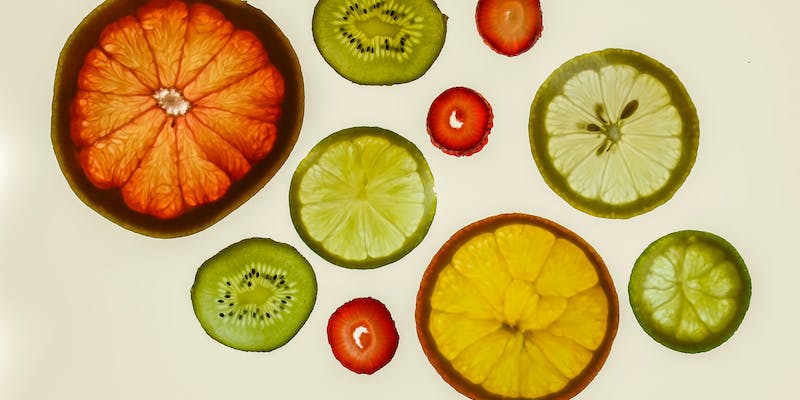
Fructose Facts: Myths to Discover Its Real Impact on Health

Exploring the Health Benefits of Feta Cheese: Nutritional Guide

8 Gift Ideas for Those Desperate for a Better Night’s Sleep
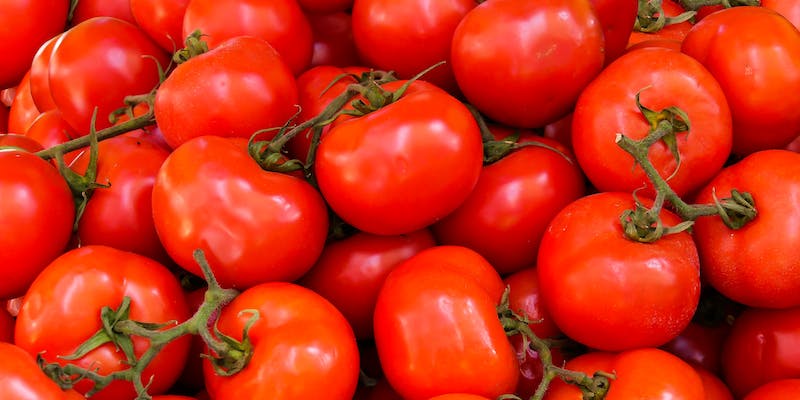
Excessive tomato consumption? Avoid these discomforts at all costs.
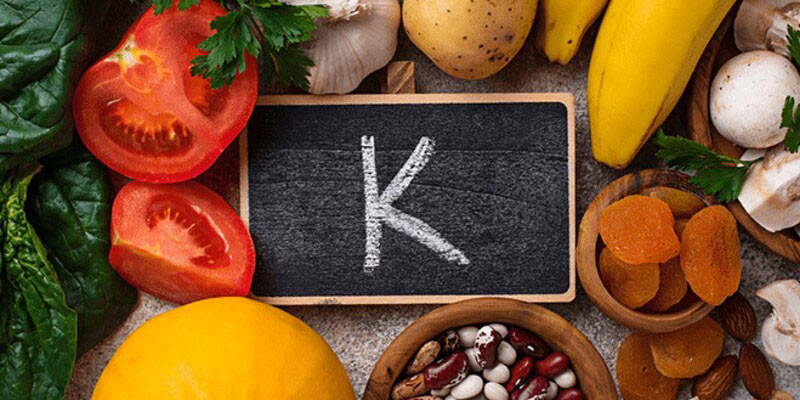
Understanding Vitamin K for Optimal Health
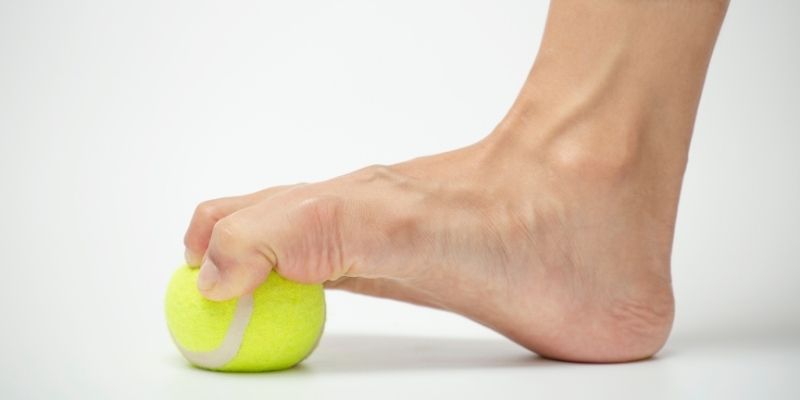
Want Stronger Legs and Core? Try These Toe Tap Workouts!
